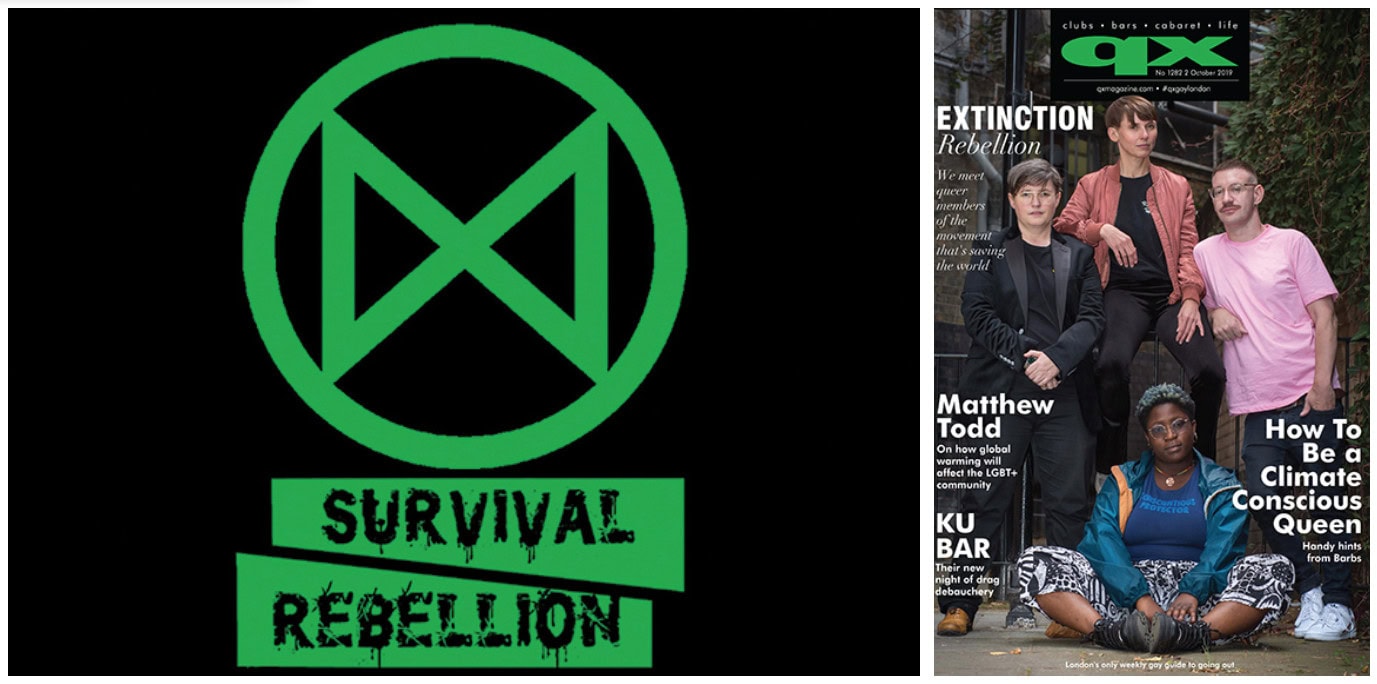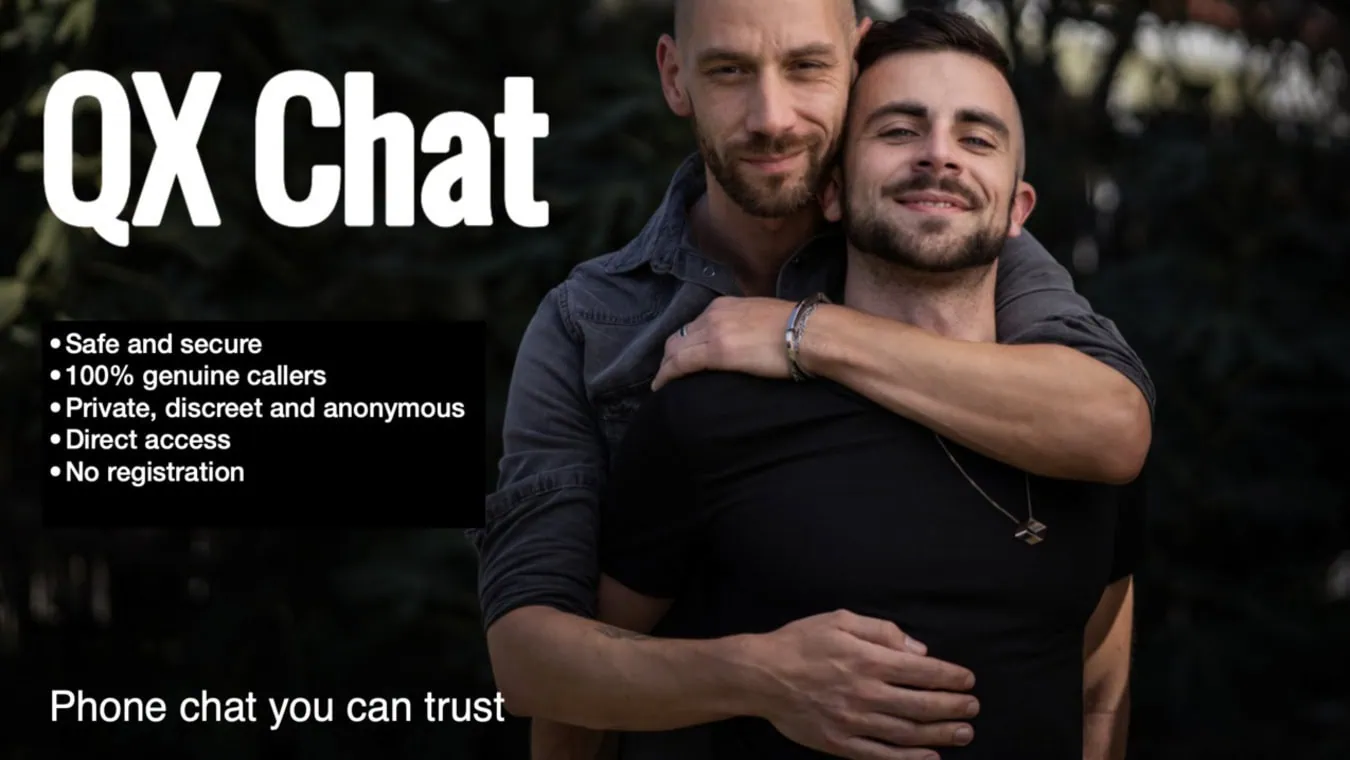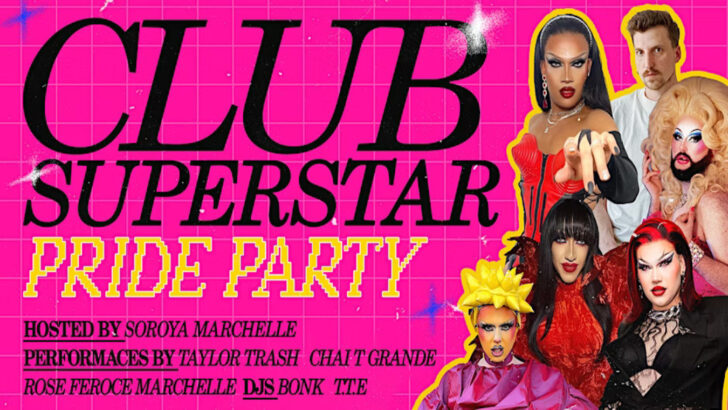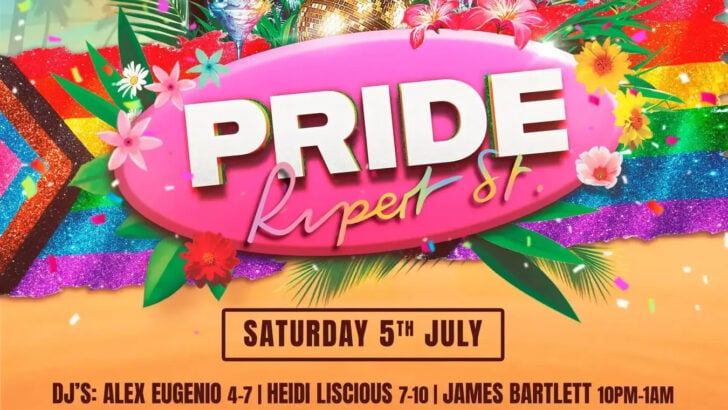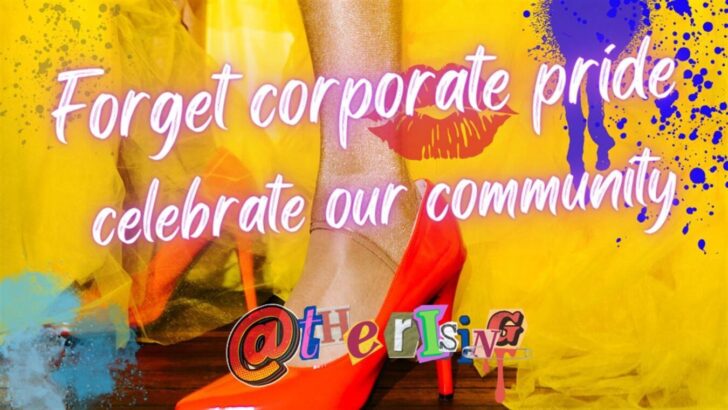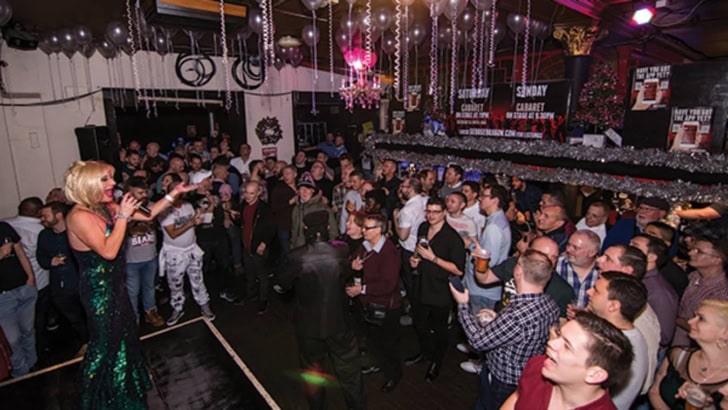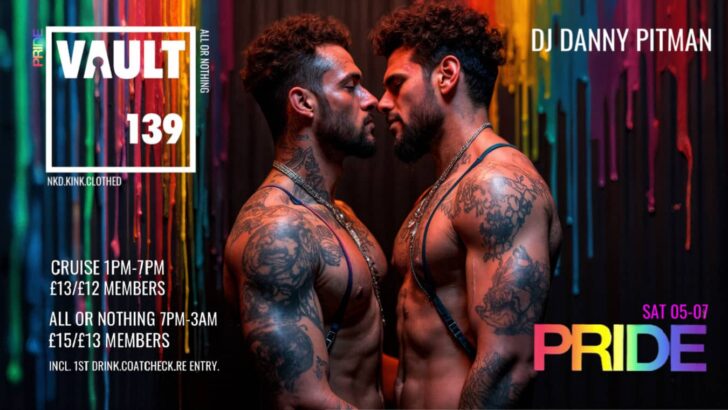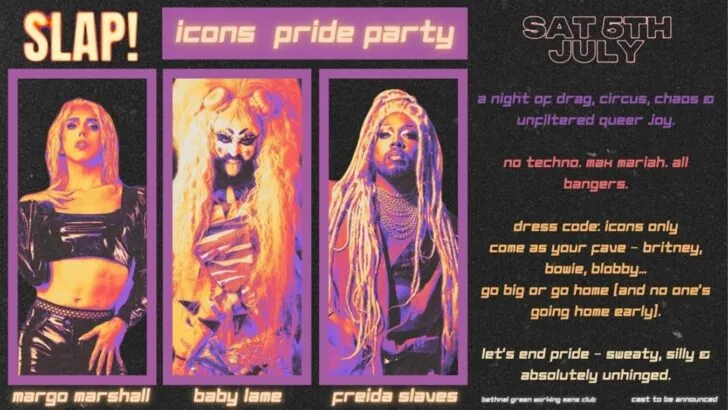No matter what you make of them, you’ve got to admit “Extinction Rebellion” is a cracking name for an activist group. Dramatic and punchy, it makes them sound like superheroes – and in many ways, they are.
While the rest of us blindly book flights to Bali, knock back bottled water and order plastic egg poachers on Amazon dot com as the actual Amazon burns, Extinction Rebellion are out here fighting for, essentially, the survival of the human race.
Mindblowingly, many people try to find ways to question their causes. Accusing them of being everything from alarmist hippies to unemployed trustafarians (a misconception – the majority of Extinction Rebellion members have full time jobs, and use their precious days off to protest).
Criticising them is totally illogical. There’s no argument for it, and nothing in the world more important. They’re using their voices and their bodies to save the planet, based on irrefutable facts published by the world’s leading scientists. If you’ve got a good reason to contradict that, we’d like to hear it. Seriously, you can email us – editorial@qxmagazine.kinsta.cloud.
There are a lot of LGBT+ members of Extinction Rebellion – so many in fact that they’ve got their own branch of the group, the Rainbow Rebellion.
We met four of them, all with their own important roles in the movement, to discuss the current climate crisis, and find out what we, as individuals, can do to help.
JOY: Art Department
The climate and ecological crisis that we are currently facing – its causes, effects, prevention and cures – have been known about for decades but have been hidden from the general population for the profit and gain of a few certain people.
I joined Extinction Rebellion in March after the first climate strike in February when I was given a flyer advertising the April Rebellion.
I already knew some info on the earth’s situation but wasn’t involved in any climate actions or doing anything to really help, so I joined XR. I joined because I want to have a future where I don’t have to breathe in toxic air, or swim or take a boat to work. I also have three younger brothers whose future I don’t want to have to have doubts about – and if I do have children in the future I want to be able to say I tried.
I am Nigerian by birth and most of my family are in Nigeria – they are directly experiencing the effects of climate change, especially with flooding. I feel like I have to do something about it, as I am able to. In some countries people aren’t allowed to protest against the government.
MARTIN: Legal Support
I’ve been vaguely aware of climate change for years, in that way that you are when you hear occasional things on the news. I thought, however, that alarming as it sounded, it was going to be dealt with. CFCs, a big thing in the 1990s, were dealt with by a ban, and the hole in the ozone layer started to close. So with the Kyoto and Paris accords, I relaxed. I thought it would all be OK – as no doubt did most people. The right reassuring noises were coming out of the right authorities.
But it’s not that simple, it turns out. I started to notice things – the repeated record hot summers, the increasingly unpredictable and savage storms in certain areas of the world. Then the melting of the polar ice, and the declaration of the first “death” of an Icelandic glacier, Okjökull.
This is all happening far more quickly than the scientific predictions and it has become apparent that the measures in place are not enough. We need to act. I became vaguely aware of XR last year and really aware of them during the Rebellion in April, when several London sites were taken. That’s when I joined. I saw these people on the internet and on the news putting their bodies on the line and resolved that I’d go and see what it was all about. So I went to a meeting and joined an action in the City on the last day. Twelve hours later I was in a police cell. But I had to feel like I was doing something. I had to emulate these people whose actions I admired. I wanted to feel like I was at least playing a small part in this movement I had become attached to. Also, direct action is fun. That part of it shouldn’t be overlooked. It is scary, but it is worthwhile and it’s fun. Since then, I’ve joined legal support and I now try to help arrestees.
As climate change worsens, some places will become uninhabitable. Others will disappear altogether. We already see climate refugees – parts of Africa are effectively uninhabitable, parts of the Pacific archipelagos are disappearing, and severe weather is impacting many parts of the world. This causes people, quite understandably, to wish to move to other and safer places. The reaction, both in Europe and the US, has been a desire to turn them back. What happens when it’s not thousands? What happens when it’s millions? Or tens of millions? More tribalism, more conflict, more fighting for resources. Ultimately, what might happen is the collapse of our civilisation – or at least it turning into something very unpleasant.
The rights we and other minorities (and as a disabled person, I fall into more than one minority) now enjoy are a luxury. They are the product of a society that can afford to worry about such things. Obviously, climate change will affect everyone on earth and will make our lives more difficult and in some cases impossible. But as minorities we also face the prospect of a society that no longer has room to care about our rights. We face a diminution of those rights simply through attrition – the fact that people will be trying to survive, and in the case of societies becoming more dog-eat-dog, the rights of minorities are easily neglected.
XR’s theory of change does not attribute blame to individuals. It’s all well and good to do things like eating less meat and using less plastic, and so we should. But real change needs to be systemic, and that requires sustained pressure on governments – both to act themselves and to rein in the corporations that are driving climate change. This, bluntly, means people on the streets and in numbers – the theory states that 3.5% of the population is required to force governments to act. So do it. Get out there.
CLAIRE Media & Messaging
I volunteer with Extinction Rebellion because I could see they were making a difference. I work in climate comms and have a political background, but nothing was happening at the speed needed, and suddenly there was a group getting media splashes and political attention. I wish I’d got in earlier but if I’m honest I didn’t think they would last. So, it’s with a bit of sheepishness that I’ve only thrown my hat in about six months ago and gone part time so I can do as much as I can.
It’s clear to me that countries like ours – that have historically done the most to cause climate breakdown – should be at the forefront of change and lead by example. In the meantime, it’s lower lying countries where people are especially vulnerable – crops are already failing, and people are moving to stay alive. This is migration because people’s livelihoods are disappearing. Right now in the comfortable West, we are fairly cosseted. But we’re kidding ourselves if we think our daily lives won’t change. It seems obvious that we will head for resource wars if we don’t figure this out.
The most affluent sectors of society will always find a way, at the expense of others, to get by. Under pressure, societies have a reliable tendency to become defensive and close ranks and that tends to be against perceived outsiders and minorities. We are seeing that now.
I get annoyed at things like “Top 10 Climate Tips”, but we do have to look at our own consumption, put political pressure on decision-makers, and keep the pressure up. If government doesn’t legislate, we are fucked anyway. More generally, we must find ways of making sharing resources attractive and preferable to mindless consumption. I genuinely believe that gay people are already well placed to do this – we’ve seen the system not work for us. Don’t keep accepting it. Fight back and be different.
Portraits by Matt Spike
